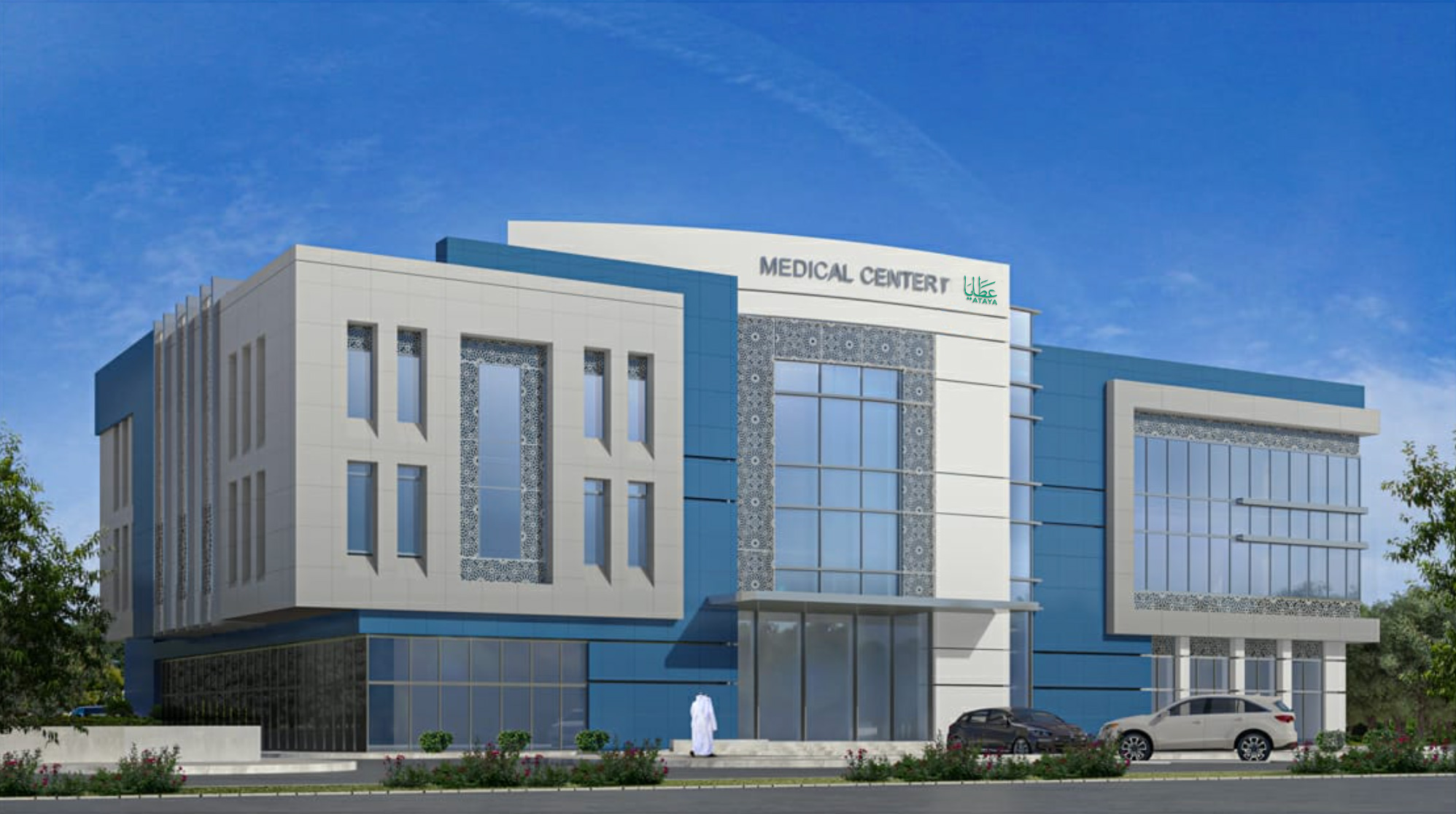The Ataya Exhibition, a longstanding humanitarian initiative based in Abu Dhabi, has launched a program to financially assist foreign patients seeking to return home after receiving medical care in the United Arab Emirates. This Ramadan season, Ataya will cover travel expenses for patients from countries like India, Pakistan, Bangladesh, the Philippines, and Ghana who require repatriation following treatment at Sheikh Shakhbout Medical City (SSMC).
The program targets patients who have received emergency or essential medical services and are now fit to travel but lack the funds to return home. Ataya will go beyond simply covering airfare; they will also ensure patients requiring medical beds during transport have access to the necessary equipment and supplies for a safe journey. This additional support is crucial for ensuring a smooth transition back to their home countries and families.
Ataya's initiative comes at a critical time, as many foreign patients travel to the UAE for advanced medical care unavailable in their home countries. While treatment itself may be successful, the financial burden of post-treatment repatriation can be a significant obstacle to recovery. By alleviating this burden, Ataya empowers patients to focus on their well-being and reintegration into their communities.
The program aligns with Ataya's broader commitment to social and humanitarian development throughout the region. Since its inception in 2012, the organization has consistently prioritized healthcare initiatives, recognizing its vital role in fostering a healthy and stable society. Ataya's Ramadan program reflects the spirit of giving that is central to the holy month and underscores their dedication to supporting those most in need.
This philanthropic effort by Ataya is not just about facilitating patient travel; it's about offering a lifeline to those facing financial hardship during a vulnerable time. With this program, Ataya ensures a smoother recovery process for patients and strengthens the positive reputation of the UAE's healthcare sector by providing compassionate post-treatment support.

